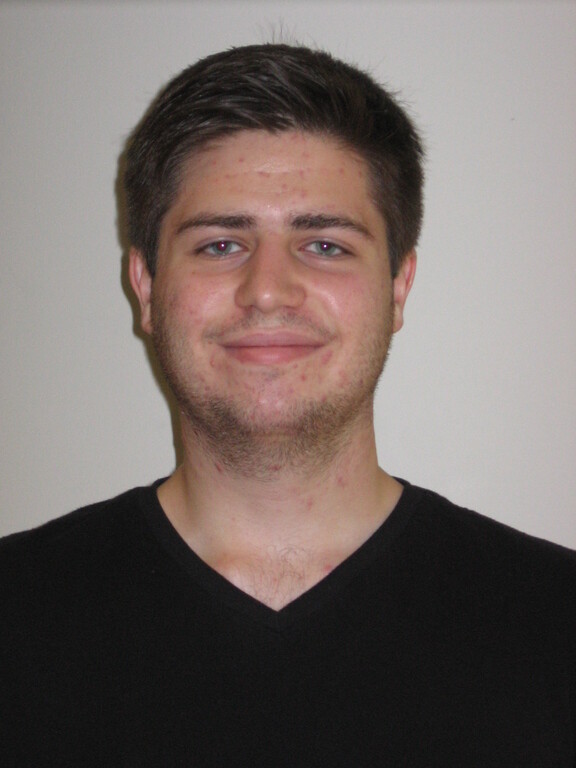IU Physics Graduate Student Lands Paid Internship
IU physics PhD thesis student Clayton Auton, an IU undergraduate physics major who decided to stay at IU for his PhD work, has accepted a 4-month paid internship position with Sphere Labs, a global technology company that specializes in developing advanced payment solutions for businesses worldwide. Clayton’s title in this position is Protocol Research Intern. In this internship he will be responsible for researching cryptographic solutions for security and privacy of digital asset ledgers.
This opportunity came his way through his networking activities in highlighting his skills on sites such as LinkedIn and posting his open-source code contributions on GitHub related to the programming work he did for his PhD thesis data analysis. These sites are scanned by “headhunter” recruiters. Clayton says, “I don’t really a good explanation of how I got this interview, it was a lot of luck. I literally just reached out to the CEO to setup a call.” Based on his experience, Clayton recommends that physics PhD students who are engaged in intensive data analysis work consider advertising themselves and their work on these platforms.
In parallel with this internship Clayton is writing his PhD thesis based on his work for the NOPTREX time reversal collaboration. Using (n, \gamma) spectroscopy at the Materials and Life Sciences Experimental Facility (MLF) of the Japan Proton Accelerator Research Complex (JPARC), Clayton quantified the potential sensitivity of certain p-wave neutron-nucleus resonances in cadmium isotopes to future searches for violation of time reversal invariance, using these resonances as an amplifier. He also developed a new method to discover p-wave resonances in heavy nuclei using the angular distribution of gammas emitted from the resonance and discovered a new p-wave resonance in 141Pr using this new technique. During this work he was based at Nagoya University in Japan, where he was supported in part by a fellowship award from the Japan Society for the Promotion of Science and also by the NSF International Research Exchange for Students (IRES) program.

 The College of Arts
The College of Arts